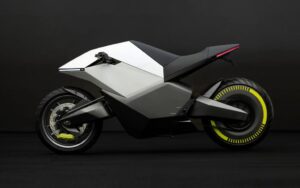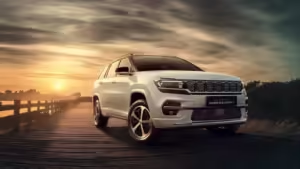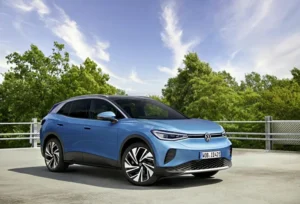Mahindra and Škoda VW Team Up to Build Electric SUVs on the MEB Platform
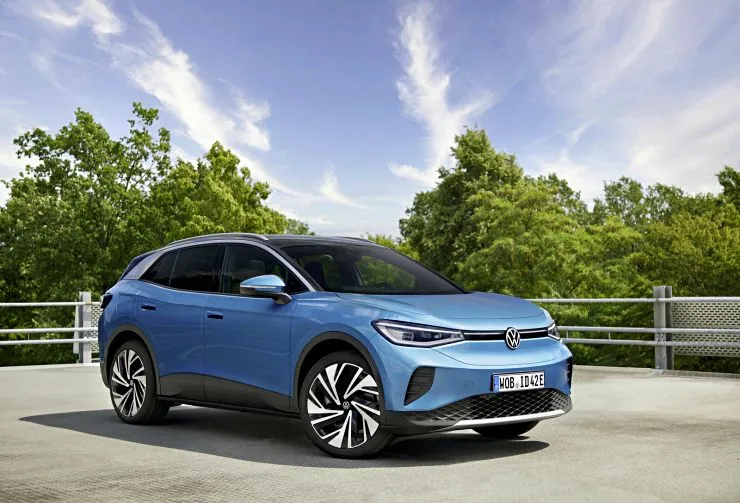
Image Source: Cartoq
Mahindra & Mahindra Ltd (M&M) and Škoda Auto Volkswagen India Pvt Ltd (SAVWIPL) are gearing up for a significant joint venture to produce electric SUVs (e-SUVs) using Volkswagen’s modular electric drive matrix (MEB) platform. This partnership marks a deepening of the alliance between these automotive giants, setting the stage for a revolutionary push into India’s growing electric vehicle (EV) market.
Leveraging Volkswagen’s MEB Platform for Electric SUVs
The MEB platform, developed by the Volkswagen Group, serves as the foundation for this ambitious venture. This platform is known for its flexibility, having already been used to develop renowned EVs like the Volkswagen ID.4, Audi Q4 e-tron, and Škoda Enyaq iV. By utilizing the MEB platform, Mahindra and Volkswagen will be able to produce a range of electric vehicles that share core technologies, which helps lower production costs and accelerates the time-to-market for these models.
Expanding the Partnership: Building Electric SUVs for India and Beyond
This collaboration is set to focus on building three to four electric SUV models, which will be badge-engineered. Badge-engineering refers to the practice of selling essentially the same vehicle under different brand names, a strategy used effectively by companies like Toyota and Maruti Suzuki in India’s SUV segment. Under this partnership, three e-SUVs will carry Volkswagen’s branding, while Mahindra will market the remaining models under its own brand.
The venture expands on a previous agreement between the two companies, where Mahindra secured rights to use components from the MEB platform for its EVs. This new phase in their partnership will focus entirely on electric vehicles, with no plans to collaborate on conventional petrol or diesel-powered cars.
Targeting India’s Growing EV Market
The electric SUVs produced through this partnership are expected to be competitively priced at around Rs 25 lakh, making them accessible to a wide range of buyers in India. This pricing strategy is designed to appeal to the rapidly growing demand for EVs in the Indian market, which has been further boosted by government initiatives like the FAME scheme, aimed at promoting electric mobility.
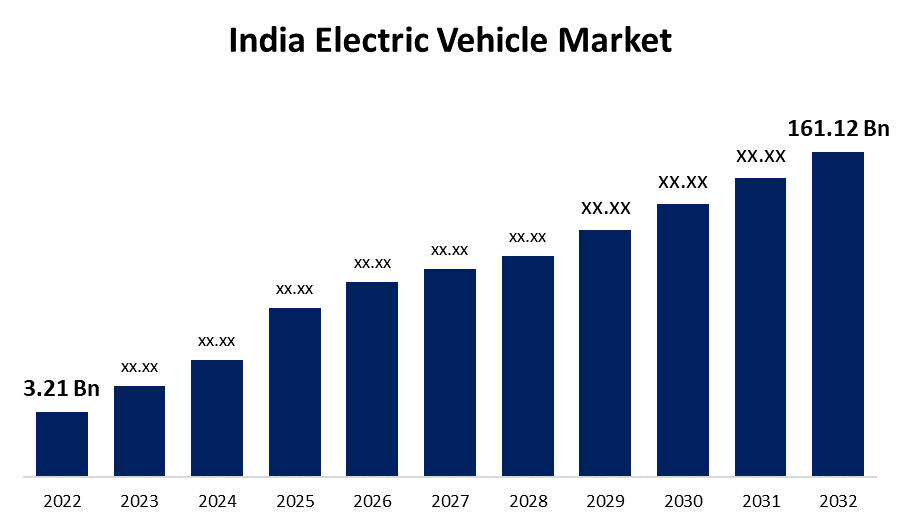
While the initial focus of the collaboration is on India, there are also plans to export these e-SUVs to other international markets. This move would help Mahindra and Volkswagen tap into the global EV surge, positioning themselves as strong players in the electric vehicle space.
The Potential Impact on India’s EV Landscape
Industry experts believe this joint venture could significantly shake up India’s EV market. Puneet Gupta, Director at S&P Global Mobility, emphasized that the combination of Volkswagen’s advanced technology and Mahindra’s robust supplier network would allow them to produce cost-effective electric SUVs. He also highlighted that the combined marketing power of both companies would help them reach a broader customer base, reducing production and distribution costs in the process.
The partnership aligns with India’s vision for accelerating EV adoption, with policies like the FAME scheme encouraging manufacturers to develop more affordable electric options. With the support of these initiatives, Mahindra and Volkswagen’s venture could become a key player in the Indian EV market.
Opportunities and Challenges in the Indian EV Market
Although India’s electric vehicle market is still in its early stages, domestic manufacturers like Tata Motors have already made significant inroads. Mahindra’s deep knowledge of the local market, coupled with Volkswagen’s expertise in EV technology, gives this joint venture a strong competitive advantage. The collaboration could yield electric vehicles that are not only suited for Indian consumers but also have the potential for success in international markets.
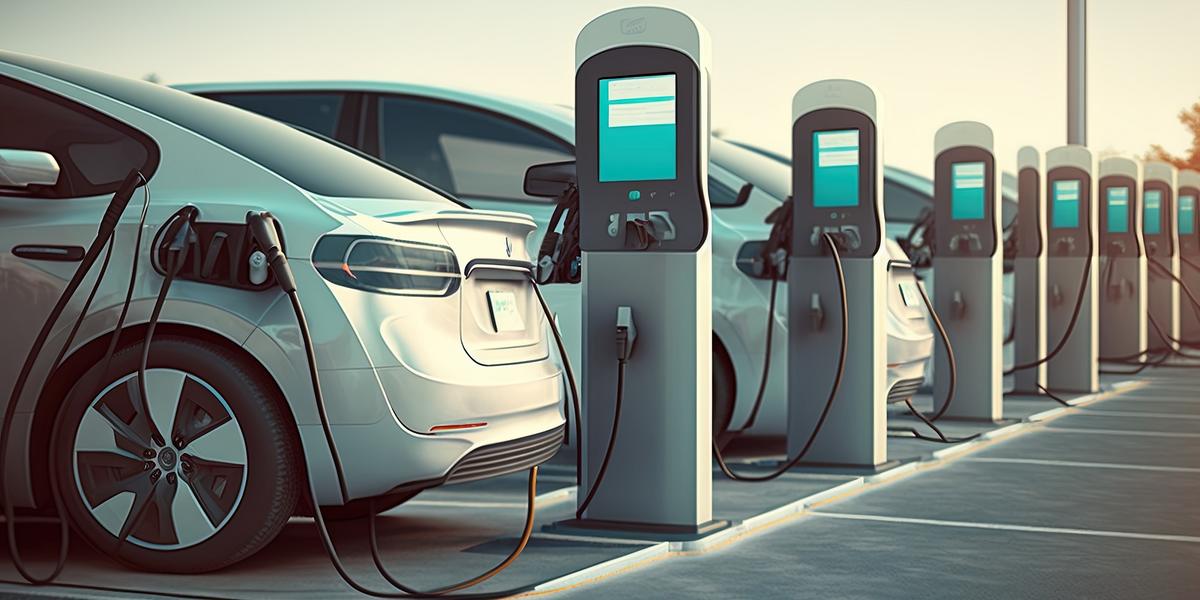
However, the partnership will face competition from established players and emerging startups in the EV space. To succeed, Mahindra and Volkswagen will need to navigate challenges like establishing charging infrastructure, reducing production costs, and meeting the evolving preferences of Indian consumers.
Global Success of the MEB Platform
The MEB platform has already proven its success on a global scale, with multiple electric vehicles built on this flexible and cost-efficient architecture. By leveraging this platform, the Mahindra-Volkswagen partnership can introduce advanced e-SUVs to the Indian market at competitive prices, making electric mobility more accessible to the average Indian buyer.
As the Indian government continues to push for greater adoption of electric vehicles, this partnership has the potential to transform the local EV market and make a significant impact on the global stage. With strong support from industry experts and a solid foundation in the MEB platform, Mahindra and Volkswagen are well-positioned to deliver high-quality, affordable electric SUVs for India and beyond.
Conclusion: A New Era of Electric SUVs
The Mahindra-Volkswagen joint venture marks a major step forward in India’s electric vehicle revolution. By combining Volkswagen’s cutting-edge MEB platform with Mahindra’s expertise in the Indian market, this partnership is set to bring cost-effective, high-performance electric SUVs to consumers both in India and internationally. As both companies continue to explore opportunities to deepen their collaboration, the future of electric mobility in India looks brighter than ever.
This partnership is not just about building vehicles; it’s about leading the charge toward a sustainable, electric future.
Follow CNA Times for more updates Insightful Finance News!

I am Praveen Kumar, a 21-year-old passionate about writing and staying informed. On CNA Times, I bring the latest news and updates, offering readers accurate and insightful information with my expertise and dedication.



